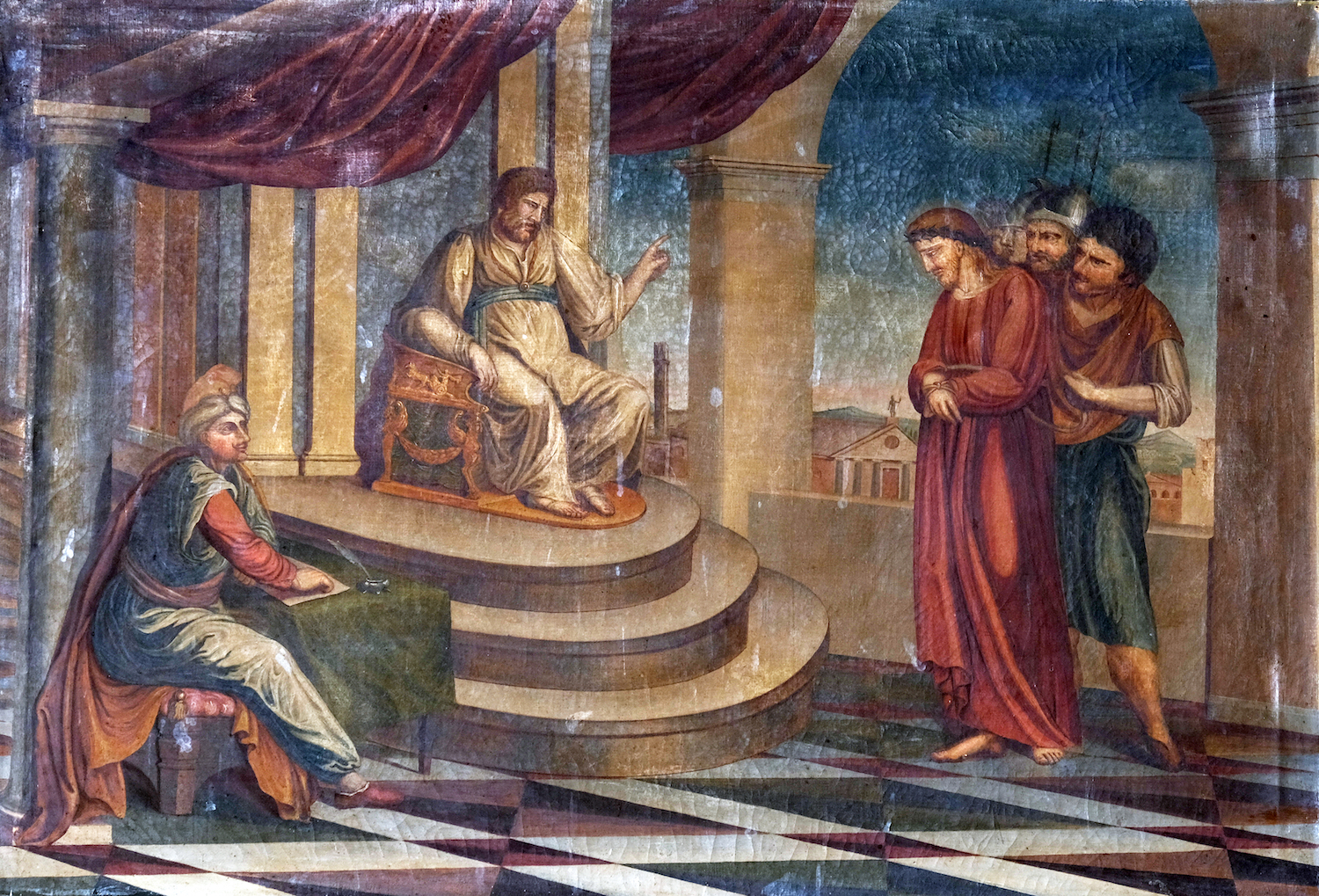Danforth: Now hear me, and beguile yourselves no more. I will not receive a single plea for pardon or postponement. Them that will not confess will hang. Twelve are already executed; the names of these seven are given out, and the village expects to see them die this morning. Postponement now speaks a floundering on my part; reprieve or pardon must cast doubt upon the guilt of them that died till now. While I speak God’s law, I will not crack its voice with whimpering. If retaliation is your fear, know this – I should hang ten thousand that dared to rise against the law, and an ocean of salt tears could not melt the resolution of the statutes. Now draw yourselves up like men and help me, as you are bound by Heaven to do. Have you spoken with them all, Mr. Hale?
Hyperbole: “I should hang ten thousand that dared to rise against the law”
This exaggeration magnifies Danforth's extreme loyalty to law and order. It also shows how he equates disobedience with heresy, deserving mass punishment.
Imagery: “An ocean of salt tears could not melt the resolution of the statutes”
Vivid, emotive imagery contrasts emotional appeal (“salt tears”) with legal resolve (“statutes”), reinforcing his inflexibility. The metaphor of tears as an ocean adds emotional weight, only to have it dismissed as powerless.


